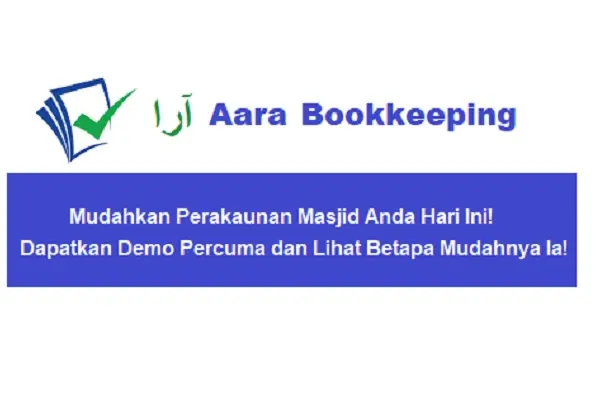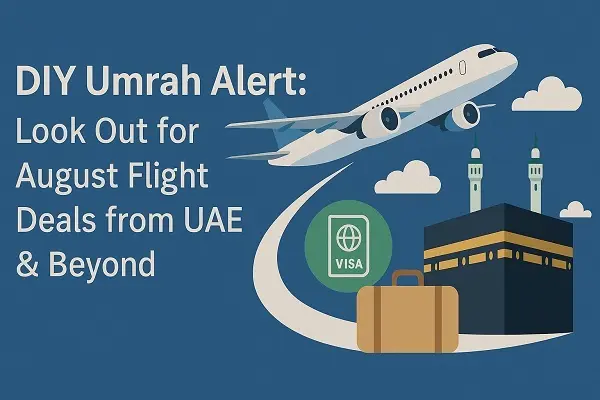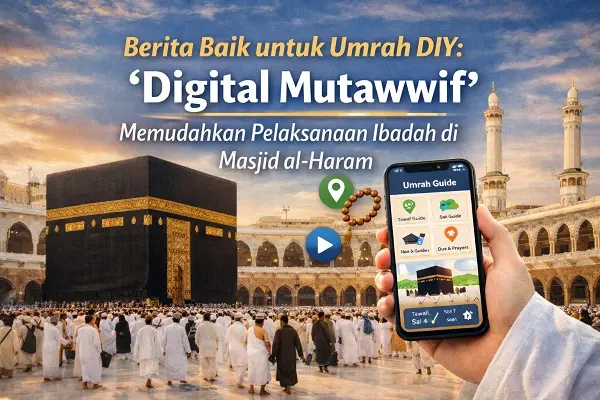Life has a funny way of throwing curveballs. One moment, you're writing about the perfect DIY Umrah trip, and the next, you're knee-deep in charts of accounts and financial statements from a local masjid. Yes, you read that right—I went from planning spiritual pilgrimages to auditing masjid finances. If you’re wondering how that leap happened, let me share the story (with a pinch of humor, of course).
When Masjid Finances Meet the Curious Auditor
It all started when one of the masjid committees reached out for help. "We need someone to review our financial records," they said. "It's just a small chart of accounts issue." How hard could it be, right? As it turns out, masjid bookkeeping can be as complex as navigating the Tawaf during peak Hajj season.
The Chart of Accounts Conundrum
Let’s start with the basics—classifying assets. One account labeled Pendahuluan Bendahari caught my attention. It was sitting under the cash category, but technically, it’s more of a receivable. This means it's money temporarily handed over to the treasurer and not actual cash at hand. Cue the classic accounting joke:
"Why did the treasurer bring a float? To keep things liquid, but not too liquid!"
We recommended moving this account to a better grouping, keeping it aligned with standard practices. It’s all about making financial records easier to understand, even for someone with zero accounting background.
Malaysian Hospitality Begins with Us.
Advances and the Tale of the Missing Narration
In one case, an advance of RM 300 to the treasurer was described as Pendahuluan bayaran penceramah. It sounded like the money went directly to the speaker. But in reality, the treasurer was holding it until the expense could be justified. Lesson learned: clear narrations save a lot of confusion (and late-night WhatsApp messages asking, "Is this right?").
Here’s how we fixed it:
- Updated the narration to reflect the actual process.
- Created a proper accounting trail showing when the treasurer used the funds and when the masjid reimbursed the remaining amount.
This kind of transparency builds trust—and trust is currency no masjid can afford to lose.
We make travel easy and memorable.
The Case of the "Baki Bawa Hadapan"
Ah, the mysterious baki bawa hadapan (opening balance). Two large sums were recorded as current transactions, which raised a red flag. Surely the masjid wasn’t sitting on that much cash without depositing it in the bank, right? It turned out these were balances from the previous year. The solution? Enter them as a journal entry dated December 31, 2024, rather than treating them as new income.
Book Umrah Hotel with Halalbooking
Lessons Learned (and Shared)
This experience taught me that bookkeeping for masjid and surau is no small task. It's not just about numbers; it’s about preserving trust, ensuring accountability, and upholding the sacred duty of managing community funds.
If you’re a masjid committee member reading this, here’s a takeaway:
- Narrate transactions clearly.
- Align your chart of accounts with standard practices.
- Don’t hesitate to seek professional help if you’re unsure (and yes, I’m talking about my services here!).
Aarabookkeeping: Here to Help
Aarabookkeeping: Here to Help
At Aarabookkeeping, we aim to simplify financial management for masjid, surau, and small businesses alike. Whether it’s DIY Umrah planning or reconciling accounts, we bring clarity to chaos.
So, if you’ve been thinking about tightening your bookkeeping game, drop us a message. As I’ve learned, every chart of accounts tells a story—and we’re here to help you write yours.
Leave a comment
Your email address will not be published. Required fields are marked *










